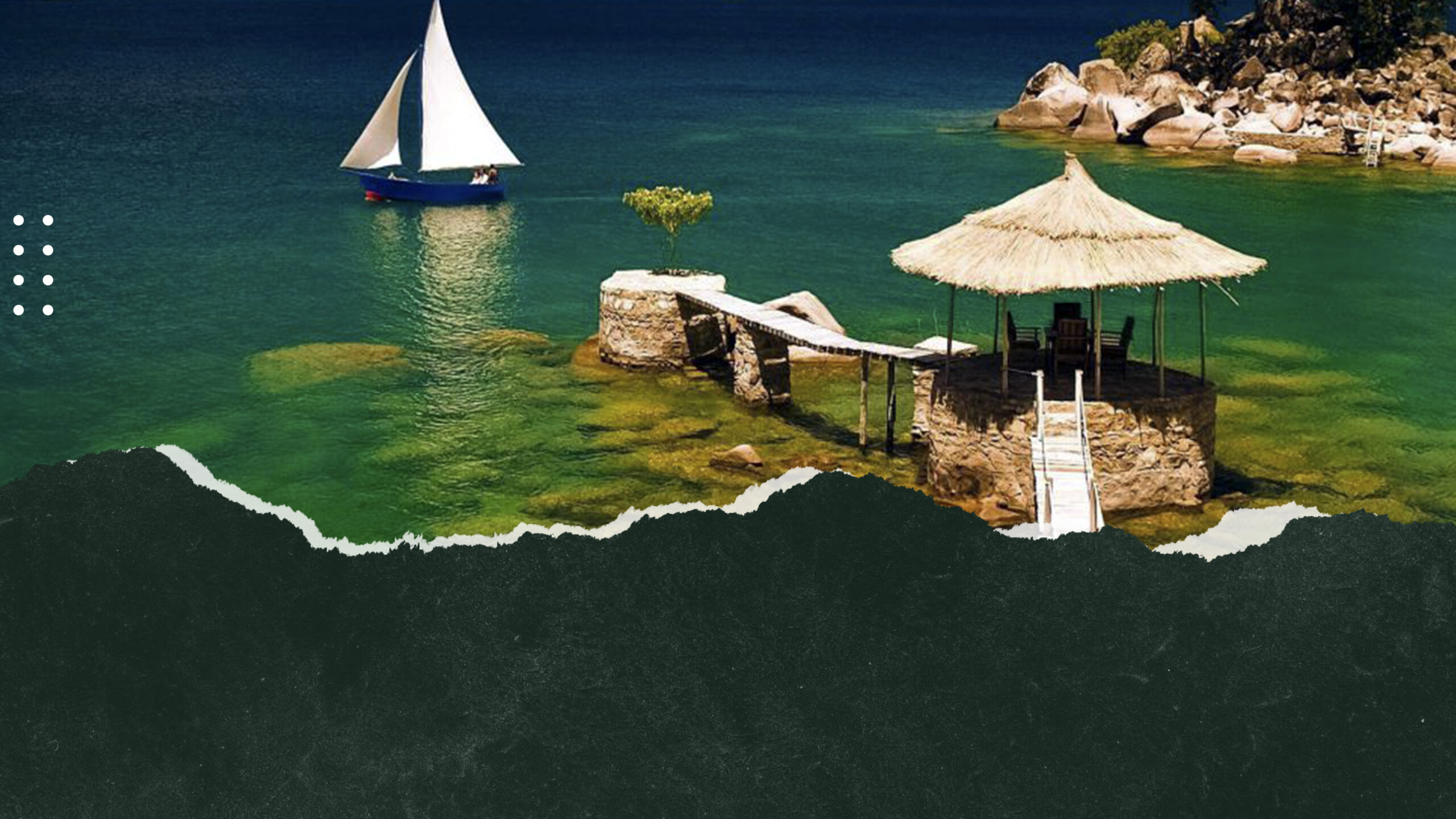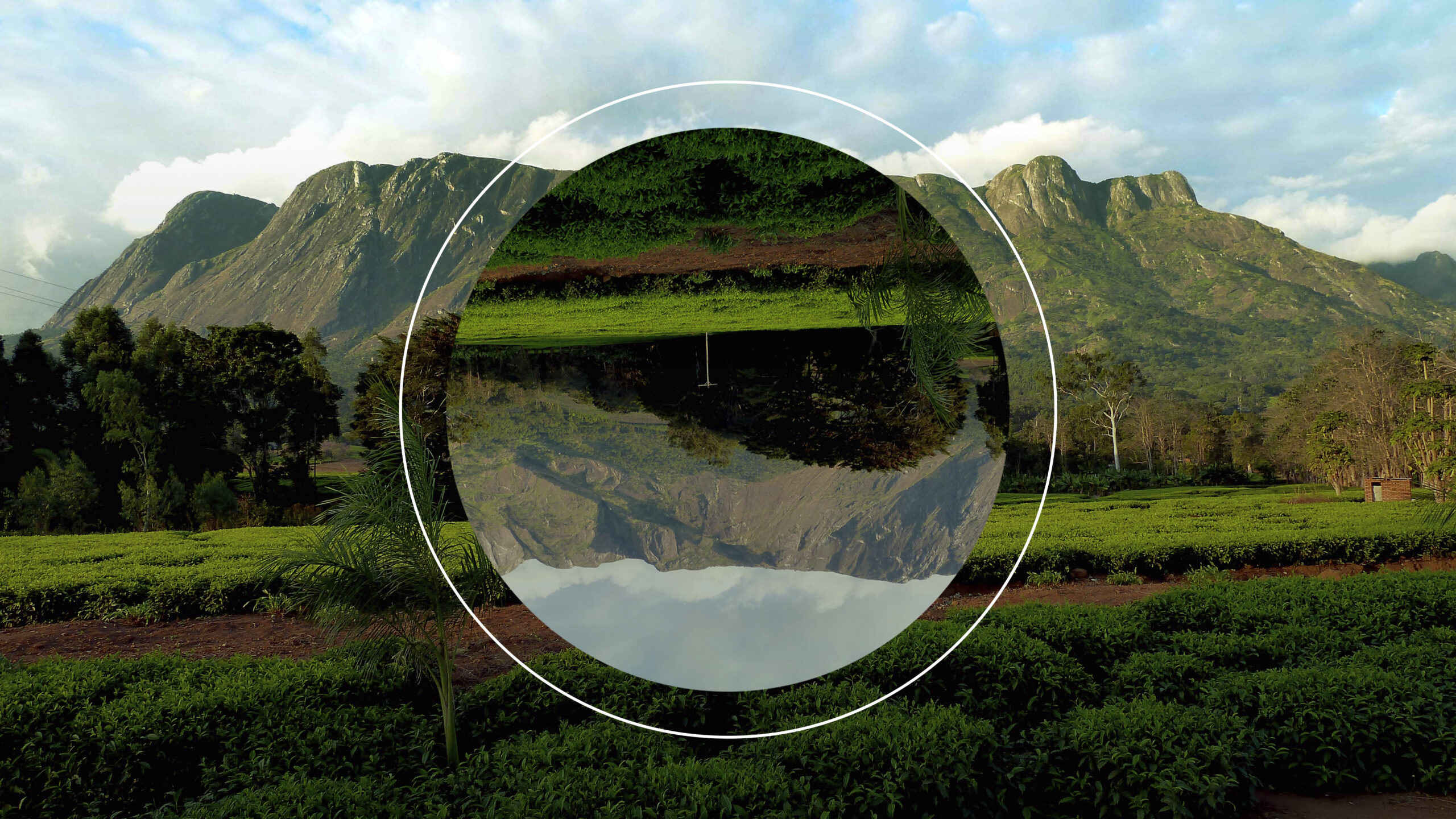USEFUL INFO - Money & Costs
Currency
Visitors coming into the country are also advised to declare the amount of money they are bringing in and how much you are leaving with on the day of departure. If unsure please ask your embassy alternatively contact the Malawi embassy. Credit cards may also be used, nevertheless check with your local bank and enquire about commission costs. Credit card facilities however don’t exist within retail stores, bars and restaurants, please double check with the manager of the shop beforehand.
Costs
The local currency is the Malawi kwacha, abbreviated K or MK. The currency is freely convertible and, as of January 2010, traded at approximately K154.00 1 US dollar. US dollars are also accepted by almost all trading parties, particularly for larger purchases. In Blantyre and Lilongwe try Victoria Forex Bureau .Watch out also the Zambian Kwacha from neighboring Zambia, worth less than 1/20th of the Malawi version! Malawi Kwacha is exchangeable by banks within Malawi.
Credit card acceptance is spotty. Visa and MasterCard are accepted by larger hotels, including some ATMs, but you can leave AmEx or anything else at home. ATMs are becoming much more common and can be used at many banks in major cities, though most notably, VISA is the card of choice and many times the only option.
Traveller’s cheques can be changed in banks, forex bureaus and in some high-end hotels. The number of hotels accepting payment by travellers cheque seems to be shrinking. Don’t rely on them unless you have spoken to the hotel. US dollars cash is your best bet, and it gives a better exchange rate.
Food costs vary, supermarkets are more expensive than local markets from $50 – $300.
Alcohol brewed within Malawi is cheaper than imports, purchases are about $1 – $3
Safari trips depend on location and are charged per person and vehicle, if using your own the cost is cheaper than using the park rangers vehicle. Cost are approximately $40 per person, you may be able to get a discount if making a group booking.
Bargaining and Overcharging
Tourists to Africa may sometimes need to bargain over prices, but this need is often exaggerated by guidebooks and travellers, Hotels, restaurants, supermarkets and buses charge fixed prices, and cases of overcharging are too unusual for it to be worth challenging a price unless it is blatantly ridiculous. That said, many Malawian hotels have a non resident rate, which may be negotiable if the hotel is quiet. It is normal for Africans to negotiate prices for market produce, though less so in Malawi than in most African countries. As a Malawian my experience in markets outside Lilongwe and Blantyre is that I was normally asked the going rate straight off. This doesn’t mean you can’t bargain prices down a little, but I would query whether it is really worth the effort – the general mentality in Malawi (Unlike that in some other African countries) is not to overcharge tourists, and it seems appropriate to respond this by being reasonably trusting.
The main instance where bargaining is essential is when buying curios. What should be understood, however, is that the fact a curio seller is open to negotiation does not mean that you were initially being overcharged or ripped off. Curio sellers will generally quote a price knowing full well that you are going to bargain it down, they’d probably be startled if you didn’t – and it is not necessary to respond aggressively or in an accusatory manner. It is impossible to say by how much you should bargain the initial price down (some people say that you should offer half the asking price and be prepared to settle at around two-thirds, but my experience is that curio sellers are far more whimsical than such advice suggests). The sensible approach, if you want to get a feel for prices, is to ask of price similar items at a few different stalls before you actually contemplate buying anything. And even when buying curios. It is possible to take bargaining too far – especially when dealing with individuals as opposed to large curio stalls. I don’t think it hurts to see the situation for what it is (somebody trying to scrape a living in difficult circumstances) and to be a little generous in you dealings.
Briggs, P. (2010). bargaining and overcharging. In: Briggs, P Malawi. 5th ed. Connecticut: Bradt. p52-53.




